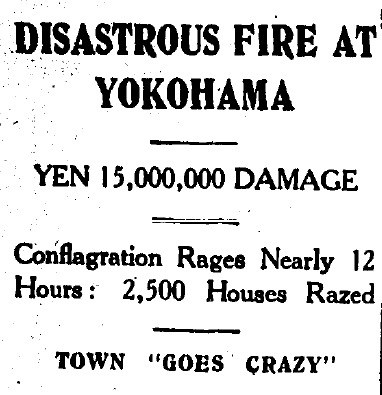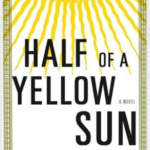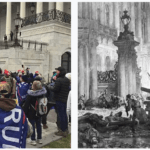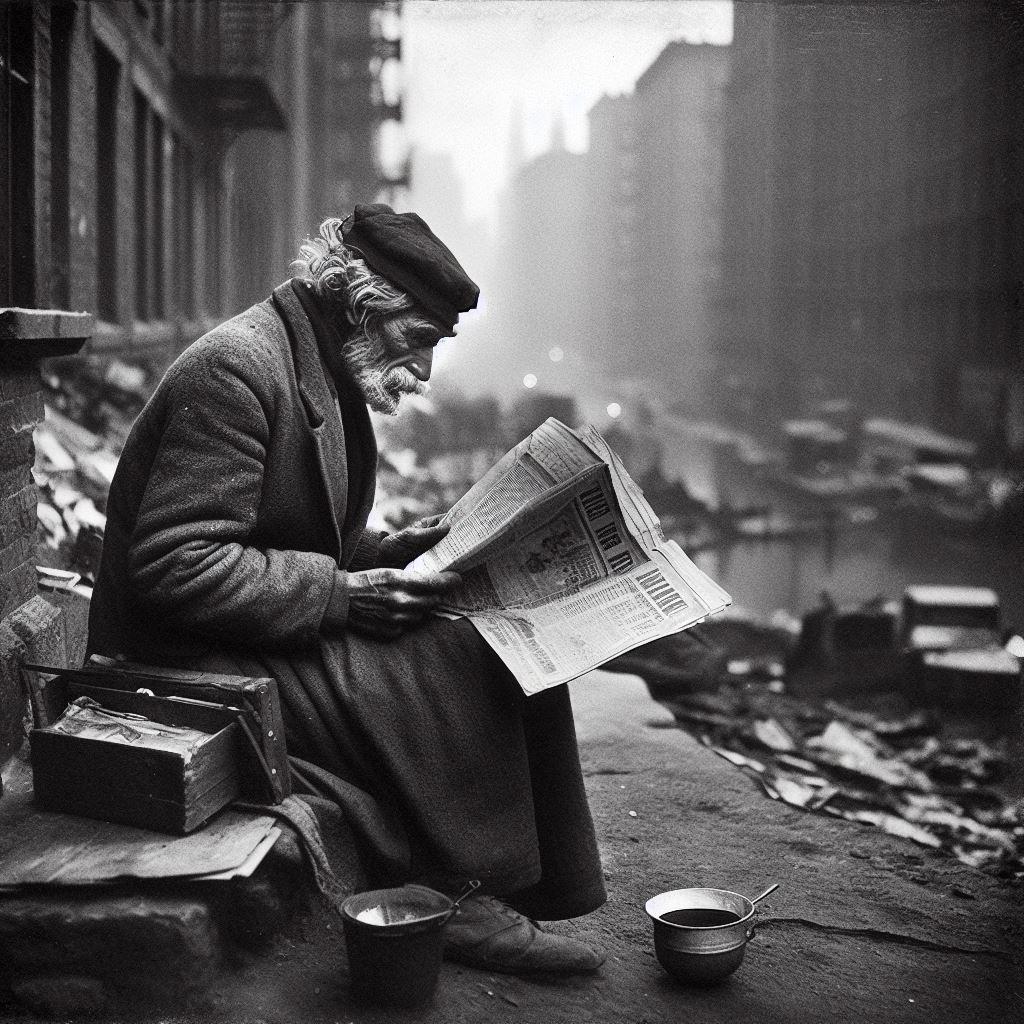
One of the joys of being a historical novelist is that you have an excuse to spend hours poking around in historical databases. One of my favourites is the Historical Newspapers database. Reading old newspapers gives you more of the flavour of the times than you get from reading history books. So while I’m looking for articles about the politics of the day, I’m also getting a sense of how people thought about the world, the words they used, and what was considered important or newsworthy. Old ads, of course, can also fill you in on what things cost at the time you are researching.
Here are a few gems I’ve stumbled across lately.
Sometimes it is really hard to avoid being distracted by items that are unrelated to what I am searching for but that appear on the same page. For example, take this story of kind-hearted police:
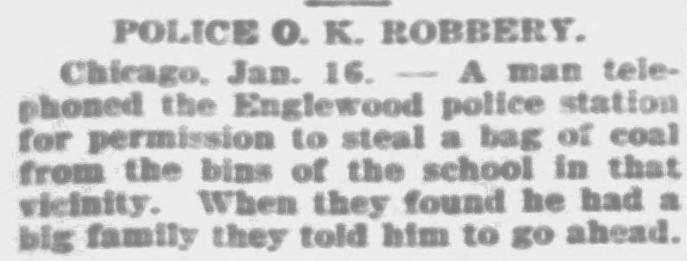
Here’s another. Words do change their meaning with time. I think this was also from an American paper in about 1915. This one was an advertisement, not an article. (Whew!)

Getting a little more relevant to my work-in-progress…
Part of the book I’m writing is set in Siberia. I was born in Winnipeg (aka Winterpeg) and live in Edmonton, Canada. It has often struck me that the weather in Siberia probably isn’t that different from what we have here. Indeed, an article in the Edmonton Journal on Jan 5, 1918 reached the same conclusion, while implying that Winnipeg is warmer than Edmonton:
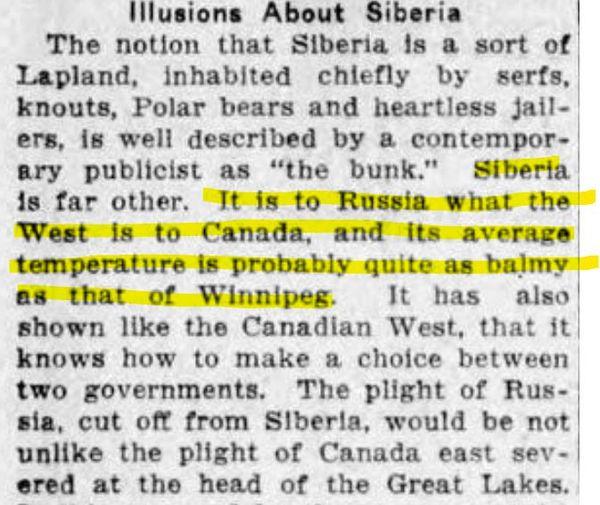
The typesetter of this December 3, 1918 article from the Shanghai Times was apparently doing a little too much celebrating himself:

Speaking of celebrations, another part of my novel takes place in New York between 1913 – 1917. Turns out they had some pretty wild celebrations there too. Here’s a clip from a July 4, 1915 New York Times article:
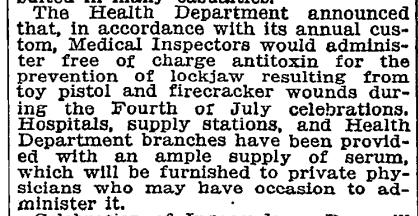
Life was hard for the Lower East side immigrants in New York. Here’s a sad story (with a startling headline) from the New York Tribune, on December 30, 1915:
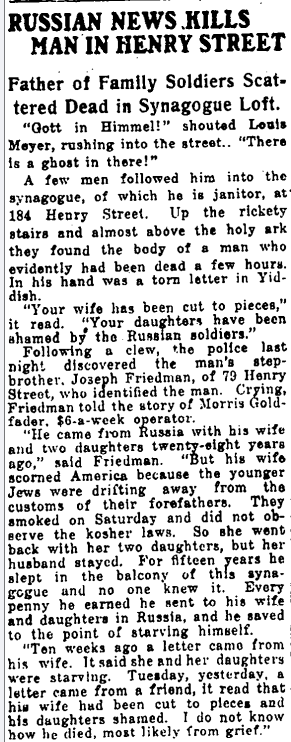
To end on a lighter note, sometimes it is simply odd to see what they considered newsworthy in the nineteen-teens:

Have you come across interesting/fun/weird headlines or articles in your research? Please do share!
(Note: I don’t want to open a can of worms here but felt that I should acknowledge that the header image was AI generated. I couldn’t find the sort of image I had in mind, so I decided to give one of the new tools a try. The eagle-eyed among you will have noticed that the newspaper doesn’t look quite right: a dead give-away that it is AI-generated. I didn’t tell it to imitate anybody’s style, so one might argue that ethically it is OK, but I certainly understand the anger of writers and other creators who are upset that AI tools have been trained using their work without payment or permission. We can’t stop AI (nor should we, I think) but we do need to figure out rules to ensure fair compensation to creators and the option to somehow opt out of having one’s work used in the training process.)

